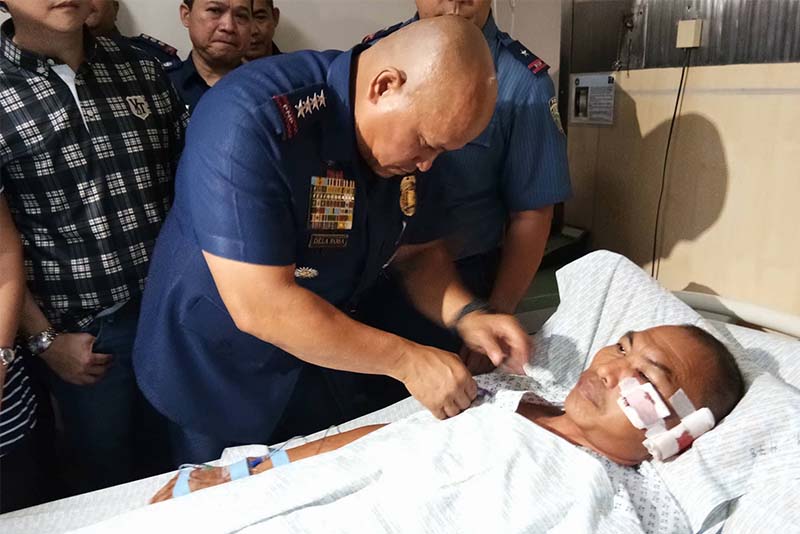‘Deworm Lapu-Lapu’: DOH official allays fears of side effects
CEBU, Philippines - Pre-school children in Lapu-Lapu City barangays are targeted to go through a deworming project amid reports of children in Western Mindanao being taken to hospitals after taking deworming medicines.
Department of Health Undersecretary Vicente Belizario signed a memorandum of agreement with Mactan-Cebu International Airport general manager Nigel Paul Villarete for the program aims to keep day care children free from parasitic worms.
The signing was held yesterday at the Waterfront Airport Hotel and Casino, in time for the 25th Charter anniversary of MCIAA.
Dubbed “War on Worms,” the initiative will be implemented in Barangays Ibo, Buaya, Pusok, Pajo, Bankal, Pajac, Gun-ob and Basak – which all surround the Mactan airport.
The project, set to be jointly initiated by the DOH, MCIAA, University of the Philippines-Manila and the Lapu-Lapu City government, will start in September with the collection of a baseline data on the severity of worm infection among children in Lapu-Lapu City.
The first stage will include research and examination of feces or stools of children while the deworming proper is scheduled for January next year.
Villarete said the deworming project is one of the corporate social responsibility projects they are initiating. He recalled that he and Belizario started the same project in Cebu City in 2006, catering to 100,000 school children.
Villarete said he hopes their initiative will soon be adopted by the entire city and the province as well.
Children in public day care centers will be their priority since these kids are more exposed to risks of getting worm infections, Belizario said.
Poor nutrition, poor school performance and chronic worm infections are among the worm-caused complications, the DOH official added.
Belizario said children ages 1 to 5 supposedly experience the “growth spurt,” but children with worm infection do not have that kind of growth.
“Deworming of children should be done at least twice a year to meet the global standards,” Belizario said.
Belizario also said that like any drugs, deworming pills have side effects but he assured parents that these tablets are safe.
The official made the remark amid reports of students in Zamboanga who were earlier reported to have experienced deworming side effects.
Belizario lamented that the reports were misleading.
“There’s a little risk. When you take your antibiotic, there’s a little risk. But the benefits of deworming far outweigh the risks. This is a very safe procedure,” he said.
Belizario said the common side effects of deworming are abdominal pain, nausea, vomiting, headache and dizziness, which will be felt within one to four hours after taking the pill.
The said effects, he said, are also signs that the pill is working.
It is also possible, he added, that children with more worm infection feel more of the side effects, which is why it is important that children should have eaten before taking the pill.
“What we can do is to enhance the capacity of health workers to deal with the side effects,” he said.
Belizario said DOH is supporting deworming activities even in the island barangays. (FREEMAN)
- Latest



















